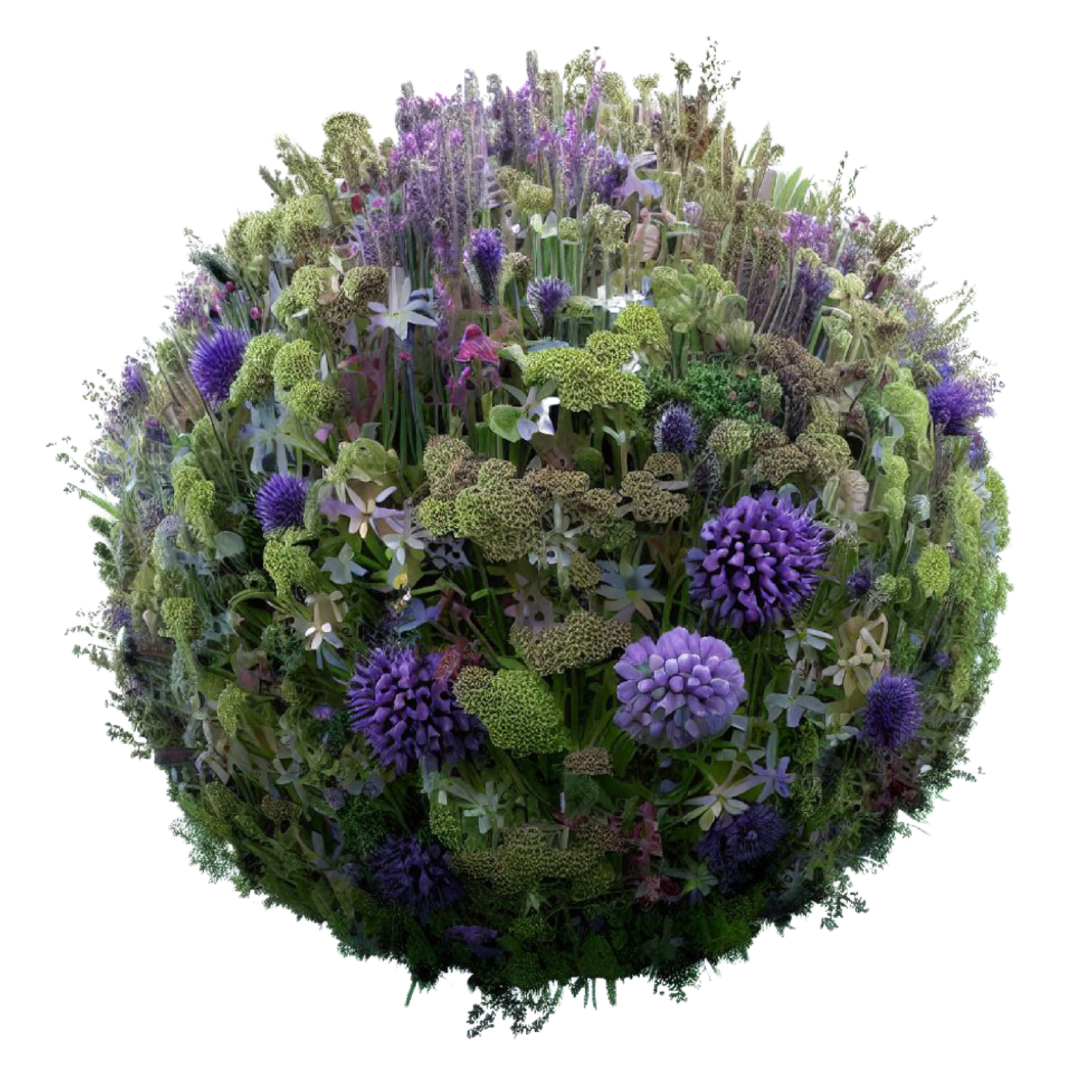They are humungous. The cruise ships in Kotor were like vast beasts completely dwarfing the beautiful historic buildings that have been quietly sitting on the shores of the Adriatic for millennia. And, they spit out their tourist cargo onto smaller boats to visit the scenic islands, bell towers and cobbled streets.
I was there for a bridge holiday, with a group of new found friends. We were staying on the Lustica peninsula in the North west of Montenegro, overlooking Croatia on the other side of a channel that stretches several miles inland. We were at Villa Stari Mlin – villastarimlin.com – which is available for rental.
The history of this place is complicated and rather brutal, but we were intrigued to discover that locals have managed to integrate tourism with preserving their local culture and heritage.
Olive growing has been an important industry for hundreds of years – we were taken to see how the oil was being produced on an organic farm. The gnarled old olive trees sitting in piles of rugged stone, were being carefully managed to maximise their crop and make sure there were always new fledgling trees that would eventually take over…
The output wasn’t simply the oil sold locally, but soaps and even liqueur to sell to visiting tourists, as well as guided tours and some food to show off the local cuisine.
 |
| Ilija’s father |
The houses were built, many years ago, to accommodate grinding and pressing the fruits to extract the valuable oil – and were also designed to protect the residents from attacks by pirates, with hidden escape routes.
Today, most of the local olives are pressed by the new super-efficient machine, bought by our hosts – Ilija and his father.
We were told that it cost around £40k and so needs to be put to good use in the season.
The best oil is extracted from olives harvested early in the Autumn – they’re the virgin crop. We were given a small cup to taste and swilled it around our mouths, like a particularly special wine. First we had to cover the cup and shake it a bit, to release the flavour… It was silky smooth, but with a peppery bite at the end – that’s apparently an indicator of quality.
 The early oil – virgin or extra virgin – is much better quality than what’s extracted in December or even January, so we wondered why any farmer would wait for it to lose it’s virginity. It’s about productivity. Later harvests produce much more oil – but they’re not so tasty or as healthy.
The early oil – virgin or extra virgin – is much better quality than what’s extracted in December or even January, so we wondered why any farmer would wait for it to lose it’s virginity. It’s about productivity. Later harvests produce much more oil – but they’re not so tasty or as healthy.They told us that the pressing machine was able to wash the fruit and remove debris before the olives were sent through the system. But, they leave the stones in because when they’re shredded the sharp edges help break down the olives and means more oil is released.
It’s tempting to resent the cruise ships for being too big and out of place. And, it’s argued that many of their passengers either stay on board and therefore buy nothing locally, or simply buy a fridge magnet or some other tourist trinket. But, perhaps they have an important role in preserving the local heritage. At least some people on board visit local industries and spend money that is needed to make these sustainable.
Iija and his father seem to have adapted rather well to the influx – and they were offering quad bike tours of their groves too… Sustainability can come in many guises!





